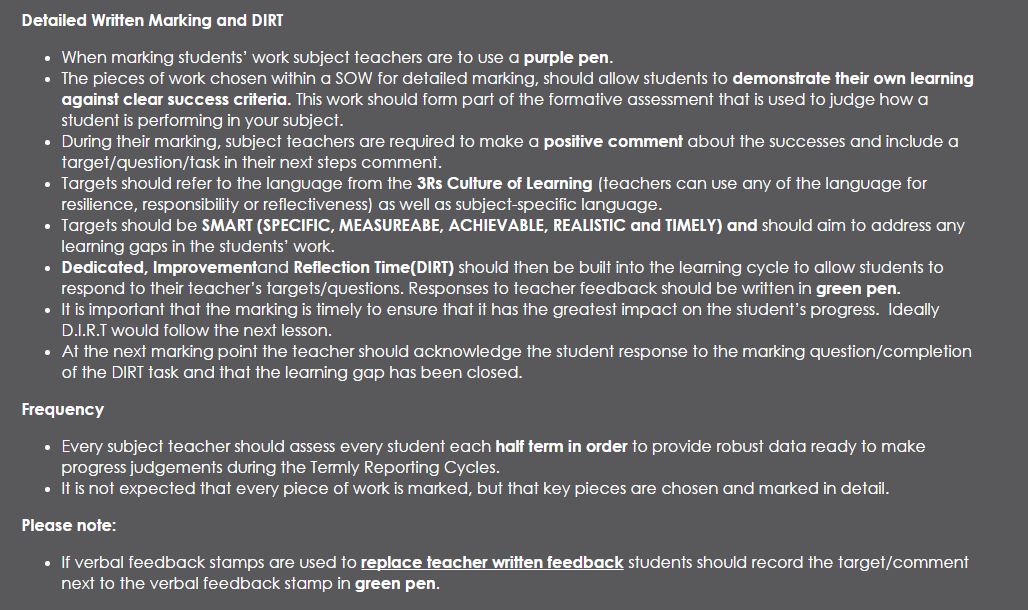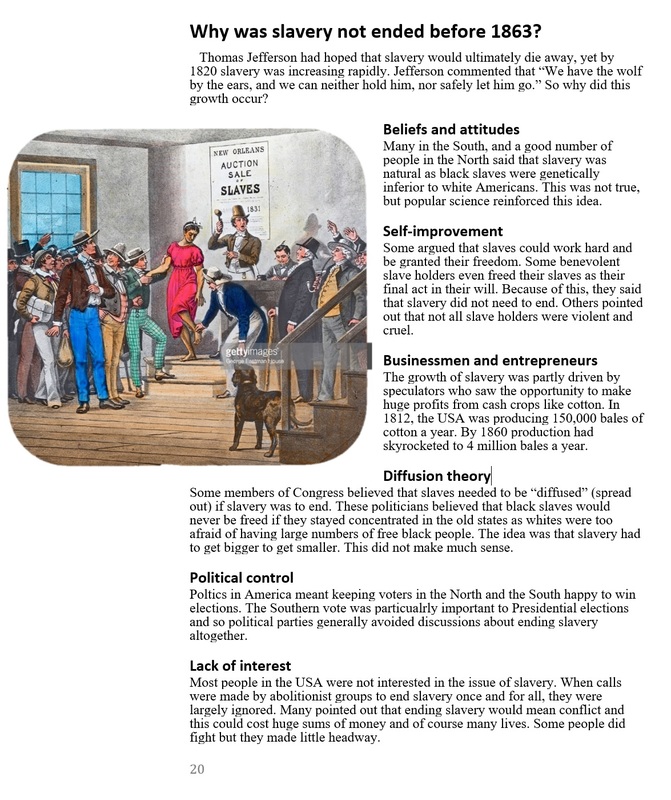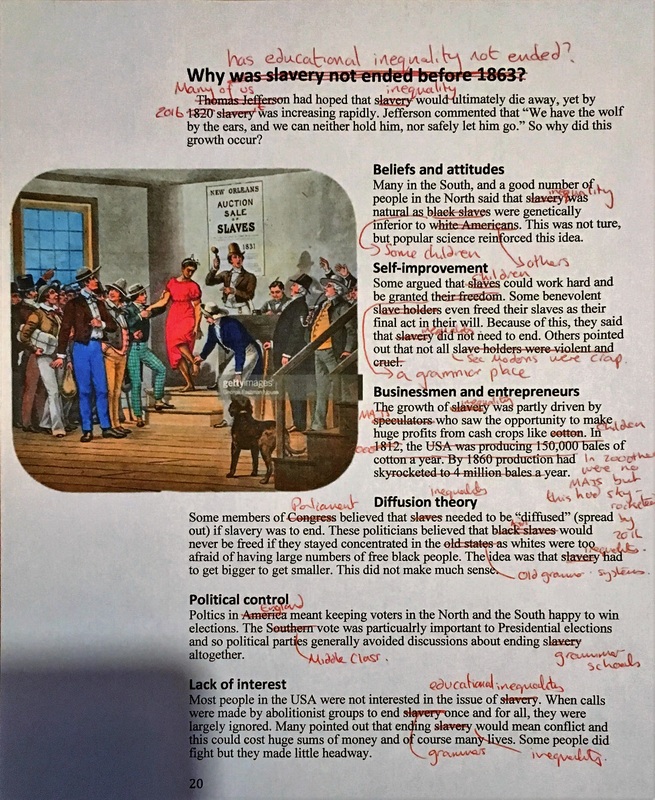- Progression in history -a support pack
- Progress & progression - special issue of Teaching History
- Making progress in understanding progression: a blog series
- Dealing with GCSE grades replacing NC Levels: advice
- Example task-specific assessments
| journey_to_the_promised_land_mk3_web.pptx |




 RSS Feed
RSS Feed
